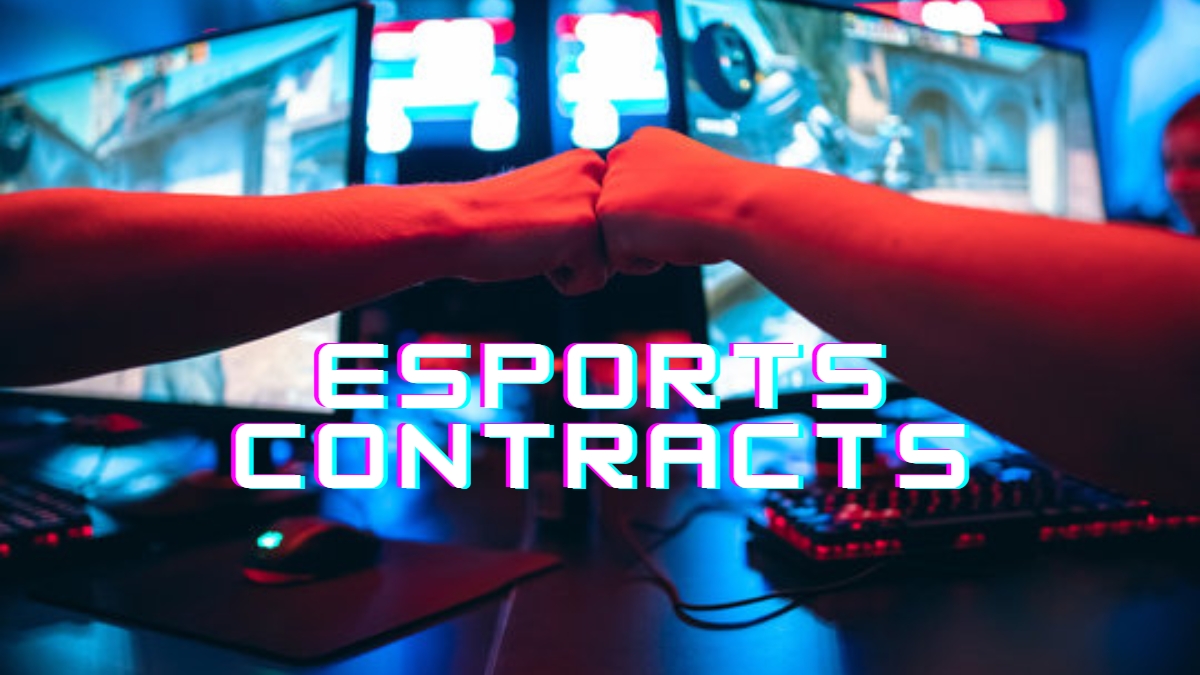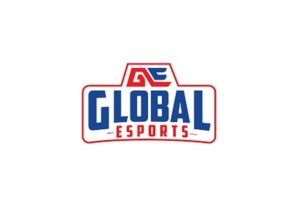Esports, or competitive video gaming, has grown in popularity over the last decade, gaining millions of passionate followers around the world. Professional esports organizations have emerged as significant stakeholders in the industry’s evolution, managing and representing talented teams and individual players. These organizations not only offer their players assistance and resources, but they also enter into agreements with one another to secure mutual advantages and defend the interests of both parties involved.
According to a Newzoo report, the worldwide esports business will earn $1.084 billion in revenue in 2023, with a remarkable viewership of over 474 million fans and casual viewers. With such amazing figures, esports organizations are capitalizing on this fast-rising market by founding teams and negotiating competitive contracts with players.
Team Liquid is a well-known esports organization. Team Liquid, founded in 2000, is well-known for its winning teams in titles such as League of Legends, Dota 2, and Counter-Strike: Global Offensive. They’ve won a number of titles and millions of dollars in prize money. Their contracts have been carefully planned to ensure the organization’s long-term success while also giving players a fair salary and possibilities for advancement.
Fnatic is another well-known esports organization. Fnatic, which was founded in 2004, is one of the best-known names in the esports business. Fnatic has a good reputation for developing skilled players and establishing regular success in titles such as League of Legends, Counter-Strike: Global Offensive, and Valorant. Their player contracts include sponsorship terms, ensuring that players are properly represented and paid for sponsorship arrangements.
When it comes to player contracts, statistics show that salaries in the esports business are rising. According to Esports Earnings, the average annual income for professional esports players will reach $60,000 in 2021. Top-tier players, on the other hand, can earn significantly more, with some earning more than a million dollars from prize money, advertisements, and streaming revenue.
Sponsorship agreements are critical to the business success of both esports organizations and individuals. According to Activate, worldwide esports sponsorship earnings will reach $1.1 billion in 2023. These collaborations not only provide financial assistance but also allow organizations to invest in improved training facilities, coaching staff, and player facilities.
At last, esports organizations are helping to professionalize competitive gaming by using player contracts as the framework for their operations. Team Liquid and Fnatic are two organizations that have done well in the market by utilizing well-structured contracts and smart collaborations. As the esports sector expands, so will player pay and sponsorship revenue, making it critical for organizations to create fair and complete contracts. These contracts safeguard both parties’ rights and interests, promoting a healthy and profitable esports ecosystem for players, organizations, and fans alike.





